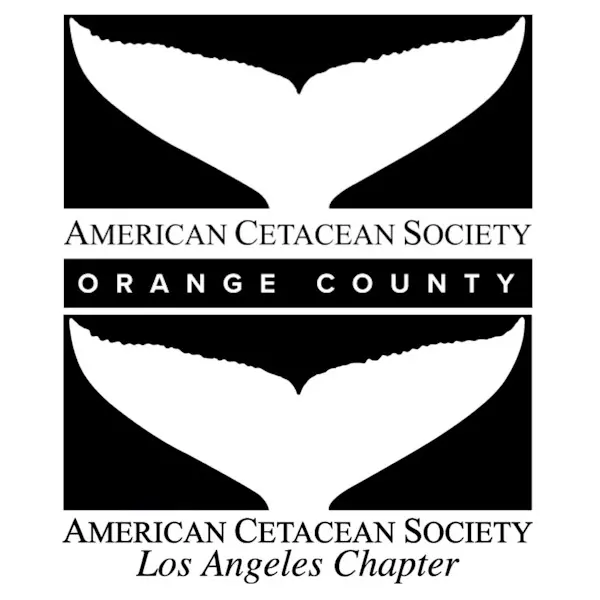
Suzanne Steinert & Kimberly Ovitz
Two chapters, two speakers, one amazing night celebrating all things beluga! Building community around Alaska’s critically endangered Cook Inlet belugas with Suzanne Steinert + Beluga ecology and conservation — Insights from transdisciplinary research in Alaska and the Canadian Arctic with Kimberly Ovitz
Beluga Double Feature with ACS-OC & ACS-LA

Two chapters, two speakers, one amazing night celebrating all things beluga!
Building community around Alaska’s critically endangered Cook Inlet belugas with Suzanne Steinert
Building community is a key component of 501(c)3 nonprofit Beluga Whale Alliance’s grassroots, ‘glocal’ work to support the recovery of Alaska’s critically endangered Cook Inlet belugas and connect people from all over the world to this iconic Arctic (and subarctic!) species. Join this talk to learn about Cook Inlet belugas, the connections between human and beluga communities, and how BWA is implementing community-building as a species spacing strategy, including utilizing social networking, co-establishing a region-wide community monitoring program and, most recently, launching the country’s first wild beluga whale watching tours!
Beluga ecology and conservation—Insights from transdisciplinary research in Alaska and the Canadian Arctic with Kimberly Ovitz
This presentation will provide an overview of previous and current transdisciplinary research initiatives on belugas from the Cook Inlet and Eastern Beaufort Sea populations through two case studies. In addition to exploring some of the benefits and challenges of implementing community-engaged research, this talk will reflect on the application of emerging technologies (e.g., remotely piloted aircrafts, passive acoustic monitoring) and qualitative methods within wildlife research contexts.
Suzanne Steinert is the Founder & Director of Beluga Whale Alliance (BWA), a 501(c)3 nonprofit organization that supports the local and global conservation of beluga whales. A bona fide Raffi ‘beluga grad,’ she also holds a formal graduate degree in Conservation Biology from Miami University’s Global Field Program where she explored community-based strategies to save endangered species and combat the global extinction crisis. Living and working as a local community member alongside Alaska’s critically endangered Cook Inlet belugas and recognizing the need for locals and the public to participate actively in their conservation inspired her to launch BWA in 2017. When she’s not spearheading BWA’s day-to-day and field operations including tracking endangered belugas along on the shoreline daily outside of Anchorage, Alaska during the spring and fall (where she’s known along Turnagain Arm as ‘the beluga girl’), you’ll find her migrating to visit her human pod during the off-seasons and working on extending BWA’s network by meeting belugas at aquariums and in other regions of the world.
Kimberly Ovitz is a wildlife researcher specializing in participatory and community-engaged marine mammal research and monitoring. Originally from Chicago, Illinois, Kim has since lived and worked throughout the United States, Europe, and Latin America. She holds a Bachelor of Arts from the University of Massachusetts, a Master of Science from the University of Maine, and is currently pursuing a PhD at the University of Manitoba. Kim works at the intersection of society and ecology and is passionate about bringing together diverse forms of knowledge and expertise to explore ecological phenomena and inform wildlife conservation and management. Her research typically focuses on the local-regional scale and involves employing participatory approaches and mixed-methods to explore species movements, interactions, and environmental change. Over the last decade, Kim has supported a number of wildlife research and monitoring initiatives including beluga monitoring in southcentral Alaska and whale shark research in Mexico’s Whale Shark Biosphere Reserve. Kim’s current work involves partnering with Inuit in Canada’s western Arctic to explore nearshore beluga behavior and body condition in Darnley Bay.

